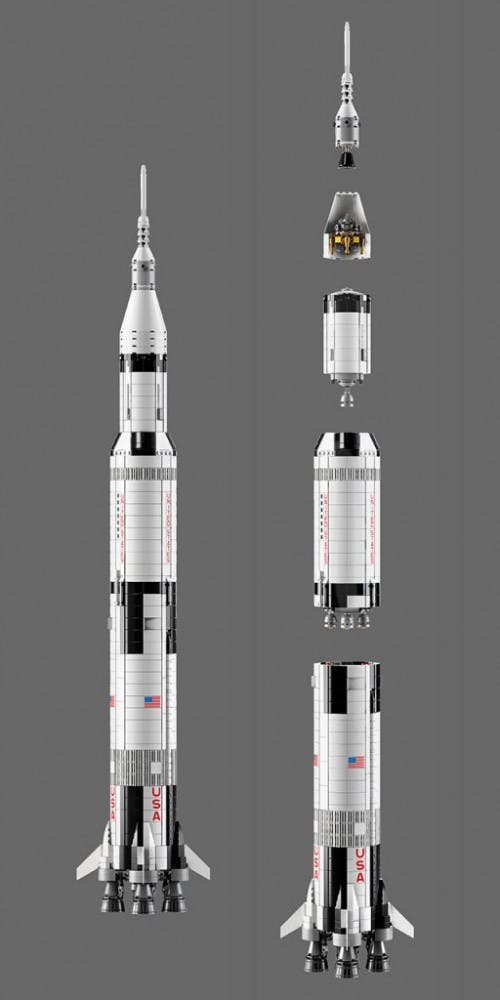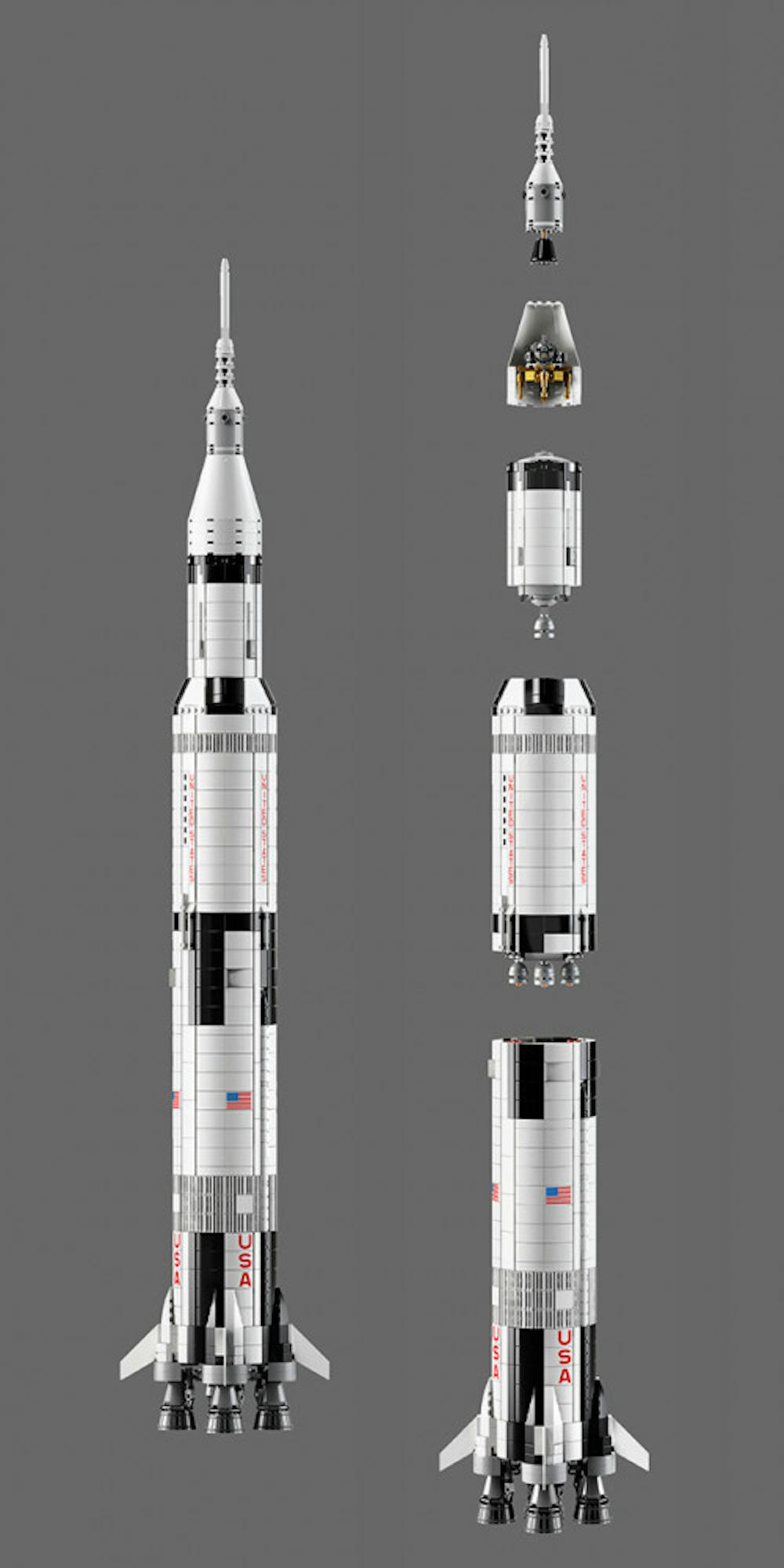In celebration of the 50th anniversary of the Apollo 11 mission that sent Neil Armstrong, Buzz Aldrin and Michael Collins to the moon, the Physics Department will host an Apollo Moon Landing Rocket Build competition on Saturday from 10 a.m to 2 p.m.

Jose Lopez, an assistant professor in the physics department, helped organize the event and wanted to plan the event in coordination with a stressful time. “We wanted to do a decompression event before finals, so it is supposed to be a relaxing program,” Lopez said.
Hanna Filosa, a junior biology and environmental policy major, said she feels a personal connection with having a celebration for such a momentous anniversary in science.
“The 50-year anniversary of the Apollo moon landing actually means quite a lot to me because of its ties to NASA and space exploration,” Filosa said.
“My goal as a future biologist is to one day work in aeronautics or space biology research, so the moon landing is kind of where that all started.”
Jessica Krentz, a senior social and behavioral sciences major, said she is excited to see how accurately teams can reproduce the look of the rocket and the landing. “I believe that as long as they do their research and really put in the effort to make the sets as accurate as possible that there is a chance,” Krentz said.
Krentz added that because of the media, there is an already established look as to how the moon landing took place. However, she said it will be up to the teams to decide if they want to continue using the already-made template or do their own research to determine its true accuracy.
According to the 2018 Lego Play Well Report, which provides statistics on how people interact with Legos, more than 60% of all parents who were surveyed find that they get distracted by their cell phones when their kids are playing.
Filosa said she thinks Legos are exactly what brings children away from being addicted to their smart devices. “It gets kids away from playing with phones or their video games, which I think is really important. Each Lego set is a puzzle, so I think it’s a good way to challenge young minds in an entertaining way,” she said.
Lopez added that he is excited for the opportunity to be able to educate students on something as challenging as rocket science. He said, “It is going to be a fun way to learn something that is really complicated.”
Dalton Allison can be reached at dalton.allison@student.shu.edu. Follow him on Twitter @DaltonAllison4.





